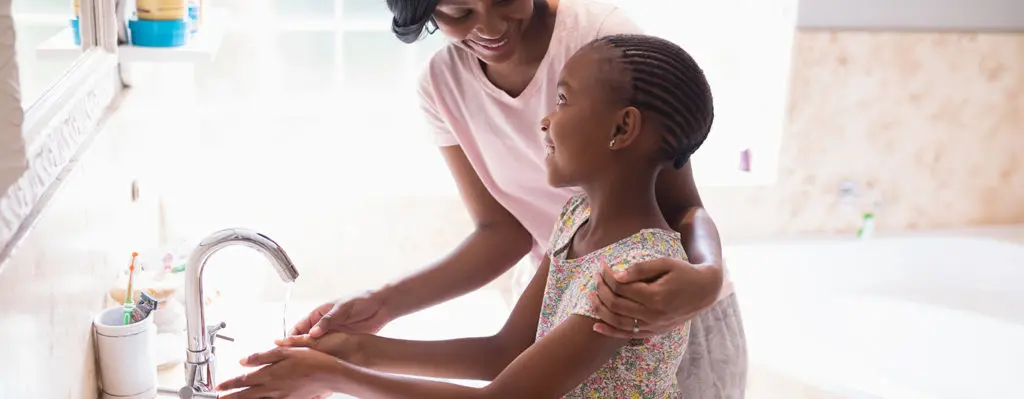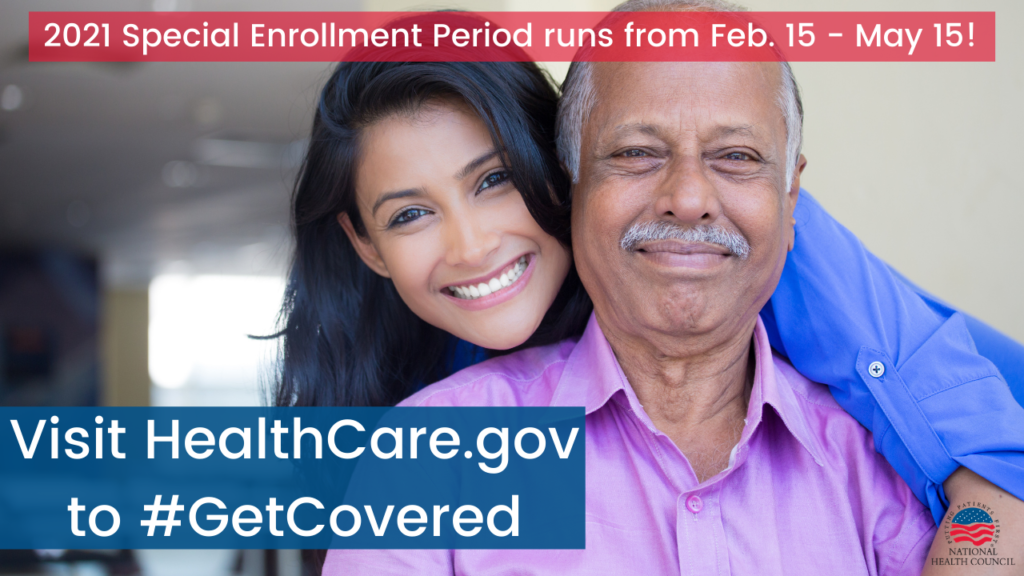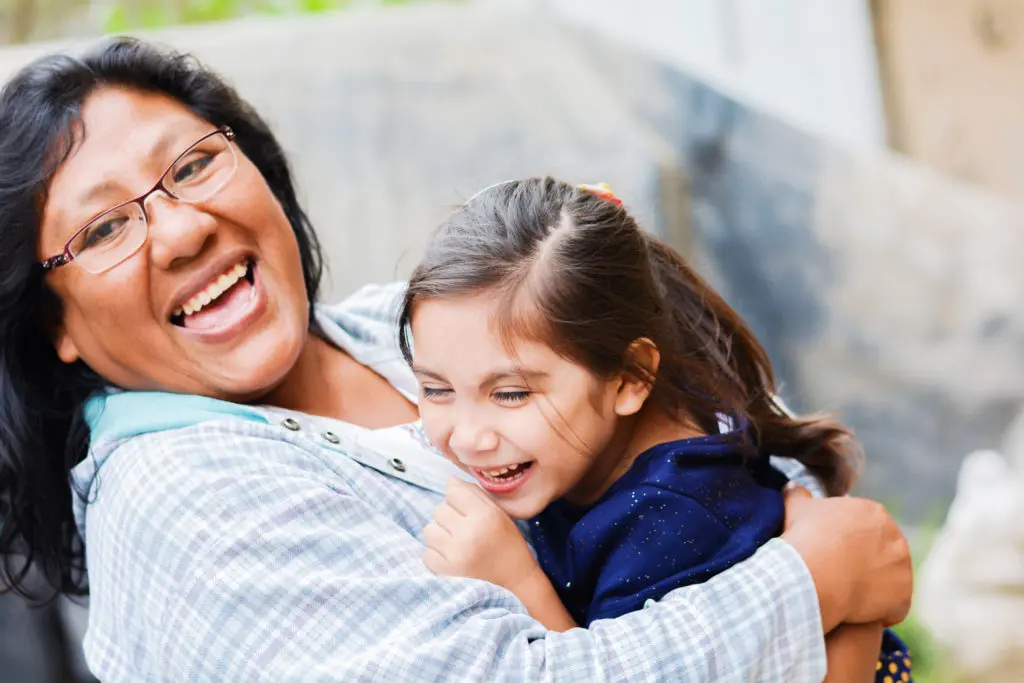Its April! Let’s Act Together for National Minority Health Month:
What Cancer Patients Need to Know about COVID-19 Vaccines
By Jeanne M Regnante, Chief Health Equity and Diversity Officer, LUNGevity Foundation

Systemic disadvantages and inequality in access to health care for vulnerable communities have become amplified and made more urgent during the coronavirus pandemic. The pandemic has exposed the already existing health inequities in vulnerable populations. It is well documented that Black patients, Indigenous People, patients of Pacific island descent, and Latino/Hispanic patients are 3.7 times, 3.5 times, 3.1 times, and 2.8 times, respectively, more like to succumb to COVID-19, than White patients. These disparities cannot be explained by differences in income alone. Health literacy and trust matter. We cannot walk away, we need to keep going. We need to act. We need to act together. It matters now more than ever.
We at the LUNGevity Foundation are inspired by the trusted commitment here: NHC & NMQF Release Health Equity Commitments – National Health Council. As a member of the NHC and a founding member of the NMQF’s diverse cancer communities working group we recognize the complexity of the inequities within our health care system, and in order to have effective solutions there will need to be action amongst the entire health care ecosystem and collaboration amongst organizations outside the health care sphere, including policymakers at all levels of government, employers, health insurers, researchers, clinicians, caregivers, patients, and others.
We know there is currently flu vaccine hesitancy among vulnerable communities of people with various co-morbidities. According to the National Minority Quality Forum Lung Cancer Index (2017 Medicare FSS.), 39% of all Medicare beneficiaries with lung cancer received the flu vaccine, as compared to the overall Medicare flu vaccination rate of 48%. Among all ethnic and racial minority populations, the percent of beneficiaries who received the flu vaccine was reported at an alarming 12.5%. There are longstanding disparities in influenza vaccination among cancer and patients with many chronic diseases.
As of April 2021 in the U.S., emergency use has been authorized for three vaccine candidates that protect people from the SARS-CoV-2 virus, which causes COVID-19. Large-scale vaccination has commenced and has exceeded the current administration’s goal of 200 million doses to date. The development of COVID 19 therapies and vaccines have ignited industry and sponsors to prioritize the inclusion of more representative populations in its trials. While these efforts to understand how vaccines and treatments behave in different populations will be pivotal in understanding how different populations develop immunity to SARS-CoV-2, it is also important to develop strategies to reach diverse populations, especially those with existing co-morbidities, when large-scale vaccination programs are deployed.
Health equity for cancer patients and their caregivers is critical at all times and especially vital during the rollout of COVID-19 vaccination programs. Just like we need to ensure that cancer research benefits all patients equitably, we must prioritize vulnerable populations in COVID-19 vaccine research, data gathering and messaging efforts.”
Edith Perez, MD, Professor of Medicine at Mayo Clinic, Chief Medical Officer at Bolt Biotherapeutics, Chair of the Stand Up To Cancer (SU2C) Health Equity Committee and Vice Chair of the SU2C Scientific Advisory Committee
Trust and the Importance of Health Literacy
Trust is associated with greater patient satisfaction and continuity of care, better doctor-patient communication. Health literacy has been shown to drive greater adherence to physician recommendations and improved health outcomes. It builds mutual respect and partnership. Building trust among cancer patients, their families and their providers is essential to optimizing outcomes, especially given the complexity of treatment including multimodality care and the often-chronic nature of the disease. This is a clear challenge across the US health care system and it’s especially difficult among minority and medically underserved populations, where language barriers and concerns regarding cultural competence are more prevalent. There have certainly been new pandemic phrases that have infected our vocabulary. According to research from the 2016 CancerCare Patient Access and Engagement Report, among African American and Latino/Hispanic respondents, about one-fifth reported experiencing serious communication problems with their clinical care team, including a lack of translation services (22%); difficulty understanding what their doctor said about their treatment (19%); and discomfort talking about how cultural, religious, and personal values affect their treatment (20%).
African American and Latino/Hispanic cancer patients rely on their community networks of friends, family, and clergy to help them make healthcare choices. These “influencers” are critical to establishing trust in the healthcare system.”
Ellen Miller-Sonet, JD, MBA, CancerCare, NY, NY
We seek to impact the problem of communicating complex information regarding COVID-19 vaccination through a thoughtful approach that incorporates patient insights and applies national standards for health literacy, cultural competency, numeracy, and linguistically appropriate materials. We focus on pragmatic questions centered on safety and access to vaccination, and what patients living with cancer want to know.
Medical providers often talk about ‘adherence’ and ‘compliance’, without considering that a person can’t take action to adhere or comply if they don’t first understand. Strategies to boost health literate communications that build conversation, understanding, and trust are critical for culturally competent, patient-centered health care.”
Catina O’Leary, PhD, LMSW Health Literacy Media, St. Louis, MO.
It Takes a Village
Local, authentic community engagement and involvement of community leadership in messaging about the benefits of public health interventions such as vaccinations are important in developing trust within local communities and neighborhoods across America. Trust is an intrinsic component of successful uptake of a COVID-19 vaccine and empowering communities to make informed decisions for themselves and their communities. We anticipate that the systemic assessment of the complexity of risk, health literate and linguistically appropriate messaging from trusted sources, and accessibility of vaccination within communities are all factors that will impact successful intervention. It is also well-known that both patients with lung cancer and those individuals at high risk of developing lung cancer are especially vulnerable to developing a severe form of COVID-19, given their compromised lung health. Keeping these factors in mind, it is important to ignite a successful vaccination strategy for all populations at risk. All cancer populations; all patients with chronic health conditions; all patients with co-morbidities.

Thank You for Acting and Sharing while Making THE Difference that Matters to Communities You Serve
We thank LUNGevity’s Lung Cancer patient community and our committed staff of professionals. We are inspired by: Jasmin Tiro, PhD, at the UT Southwestern Simmons Cancer Center; Linda Fleisher, PhD, at the Fox Chase Cancer Center; health care providers; Health Literacy Media; the National Health Council; the National Minority Quality Forum; community outreach leaders at NCI and ACCC Community Cancer Centers; community-based organization leaders; America’s Patient Advocacy Organizations; vaccine innovators; COVID-19 Health Equity Task Force; Stand Up to Cancer; CancerCare; Dia de la Mujer Latina, Inc.; oncology nurses and oncology nurse navigators at AONN+; caregivers who advocate for their loved ones every day’ America’s social workers, community health workers & promotors; America’s new COVID-19 vaccine administrator, work force, and volunteers ……all for bringing health literate and trusted education materials to America together.
Be safe, America.


